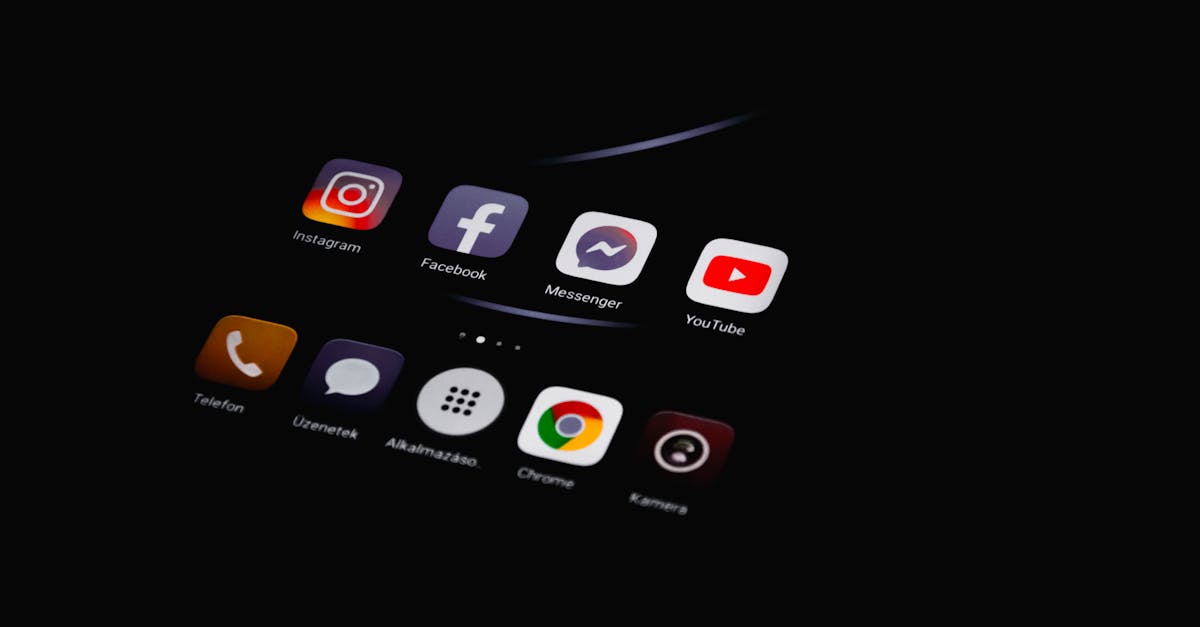
Facebook Messenger continues to evolve rapidly in 2025, enhancing the way people and businesses communicate. This article explores the latest advancements in Messenger, focusing on key updates such as intelligent AI chatbots, improved multimedia sharing, and stronger integration with other Meta services. These innovations are reshaping messaging into a more interactive and secure experience.
AI-Powered Interaction and Business Integration
One of the most notable developments in Messenger is the implementation of advanced AI chatbots. These chatbots now support highly sophisticated conversations, capable of answering complex queries and providing problem-solving assistance. Their evolving natural language processing makes customer service more efficient and personalized, particularly for e-commerce, hospitality, and service-based businesses. Additionally, Messenger enhances business operations through deeper integration with popular customer relationship management (CRM) systems like HubSpot and Salesforce, which streamlines communication and automates marketing efforts. Businesses can also process payments directly in chat via Meta Pay, making transactions seamless within conversations.
Another significant improvement is the Messenger API update enabling unified messaging across Facebook and Instagram platforms. This means companies can manage and respond to customer messages from both channels in a single interface, enhancing response times and providing richer audience insights. This consolidation is especially valuable for brands seeking cohesive communication strategies across Meta’s ecosystem.
Enhanced Multimedia Features and Community Engagement
Messenger’s multimedia capabilities have expanded substantially. Users can now share files up to 100 MB, including Word documents, Excel files, PDFs, and more, directly within chats. This feature improves productivity by simplifying the transfer of important documents without leaving the app. Moreover, Messenger has introduced editing options for recently sent messages, allowing users to correct mistakes within a 15-minute window, alongside disappearing messages configured for end-to-end encrypted conversations, boosting privacy and control over shared information.
Beyond direct messaging, Messenger fosters community-building through new features that enhance group interactions and creator engagement. Broadcast channels allow fans to connect with content creators more intimately, while public groups now benefit from brand collaboration opportunities via extensions to Meta’s Brand Collabs Manager, helping causes gain brand support. Additionally, the app’s Story feature continues to allow users to share ephemeral photos and videos, enriching everyday communication with personal touches.
Security and Immersive Communication Technologies
Security remains a top priority for Messenger in 2025, with end-to-end encryption standard across chats to protect user privacy. Meta has also strengthened privacy controls to give users and businesses more authority over their data. On the immersive front, the platform now incorporates augmented reality (AR) and virtual reality (VR) functionalities, enabling 3D object sharing and more engaging voice and video interactions. These technologies support enhanced collaboration and a new level of interactivity, positioning Messenger as not just a text platform but a versatile communication hub.
In summary, Facebook Messenger’s latest updates in 2025 bring a blend of intelligent automation, richer multimedia sharing, and heightened privacy, all integrated within Meta’s comprehensive social ecosystem. These enhancements empower both casual users and businesses to communicate more effectively and securely, while innovative AR/VR features hint at the future of digital interaction. As Messenger evolves, it continues to redefine messaging beyond simple conversation, making it a critical tool for connection and commerce alike.